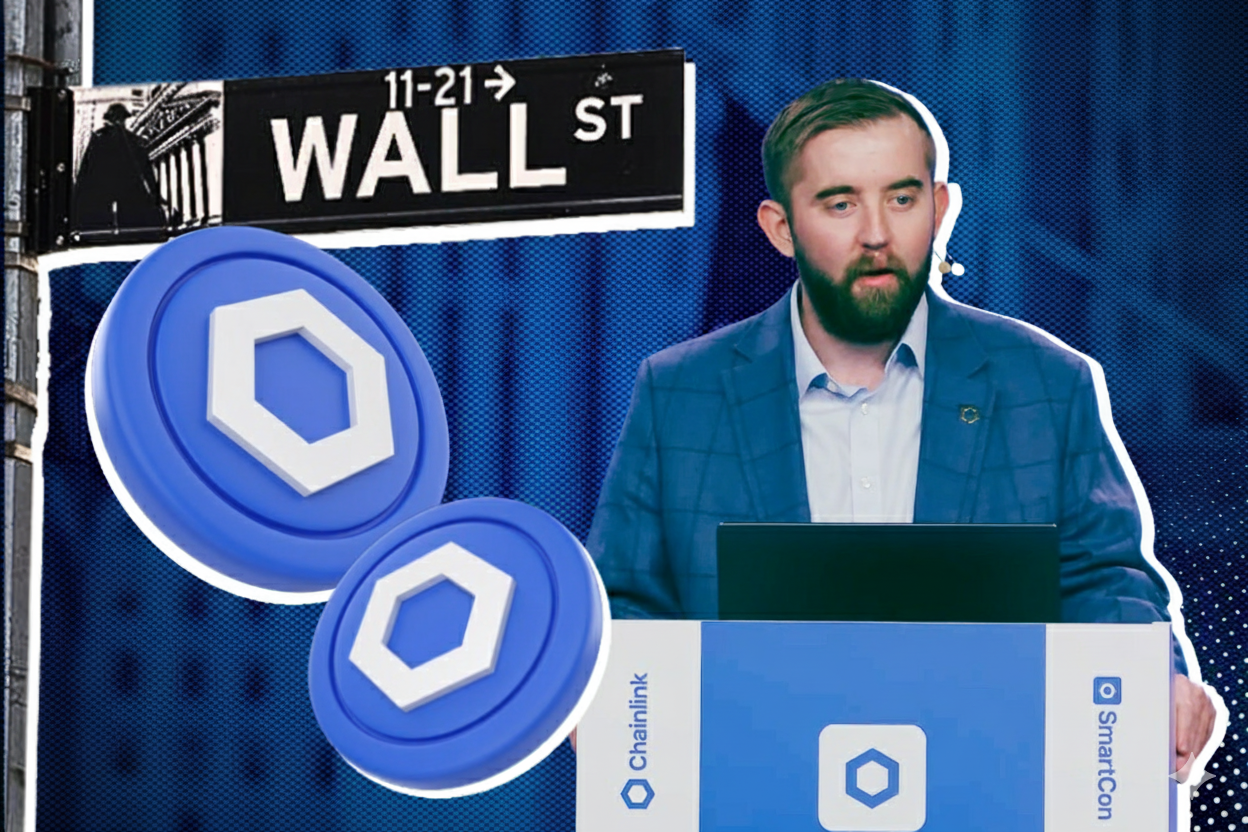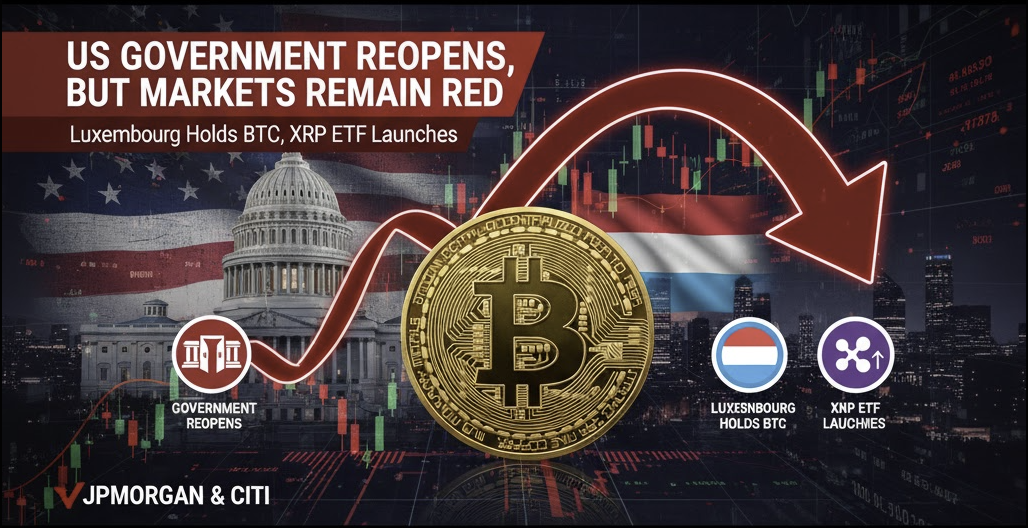Federal Reserve Chairman Jerome Powell is facing increasing pressure, particularly from President Trump, regarding the central bank's interest rate policy. Meanwhile, Bitcoin has seen growth recently, and its trend appears to align closely with the surge in the M2 money supply, signaling a significant shift in its perceived drivers.
Market Overview
On Wednesday, July 2nd, US equities closed mixed, with the Dow Jones seeing an insignificant dip, while the other two indices recorded gains. Stock futures continued their upward trend. Oil prices rose before correcting to around $67 per barrel. Gold hovered around $3357 per ounce.

The ADP private sector employment report for June in the US showed a decrease of 33,000 jobs, significantly lower than the forecast of a 99,000 increase and the previous period's gain of 37,000. Weak employment data, despite being negative for the real economy, is being interpreted by financial markets as "bad news is good news." Investors are increasing their expectations that the Fed will begin a cycle of monetary policy easing, with the possibility of three rate cuts this year, each by 0.25%, in September, October, and December. However, the CME FedWatch Tool still indicates that the majority lean towards the Fed maintaining interest rates.
In the crypto market, Bitcoin surged to approximately $109,000. Many major altcoins also saw growth. The overall crypto market capitalization reached $3.45 trillion.

ETF Momentum and Bitcoin's M2 Correlation
The REX Solana Staked ETF commenced trading on Wednesday on the US stock market, recording a trading volume of $33.9 million on its first day. Total inflows/outflows will be reported later. Bitcoin spot ETFs saw positive inflows of $407.8 million. ETH spot ETFs, however, experienced a small outflow of $1.9 million.

The question of whether Bitcoin moves in tandem with gold or the Nasdaq is being re-evaluated, as data increasingly shows Bitcoin's tendency to correlate with the M2 money supply—the total amount of cash, checking accounts, and savings in the economy. When central banks worldwide begin to cut interest rates and ease monetary policy, the M2 money supply increases, and Bitcoin's price also recovers in kind. This suggests that in the short term, the biggest determinant of Bitcoin's price volatility is the story of liquidity, rather than its intrinsic resemblance to gold or tech stocks. In the long term, its true value and investor conviction remain the core factors. This strong correlation with M2 reinforces the narrative of Bitcoin as a beneficiary of expansive monetary policy.

FHFA Calls for Investigation into Fed Chair Powell
Bill Pote, Director of the Federal Housing Finance Agency (FHFA), has called on Congress to investigate Federal Reserve Chairman Jerome Powell for alleged political bias and lying to Congress. Pote claims Powell provided false information regarding the Fed's $2.5 billion headquarters renovation plan, which included luxurious amenities such as lavish dining rooms. Senator Cynthia Lummis also criticized Powell, arguing that he demonstrated poor management, an arrogant attitude, and might be eligible for removal for "just cause."

While under US law, the President cannot arbitrarily remove the Fed Chair (who serves a four-year term), if serious misconduct is proven, the President does have the authority to do so following a congressional investigation and recommendation. This is a notable development because President Trump had previously expressed his desire to replace Powell multiple times to facilitate more aggressive interest rate cuts.
It's noteworthy that Bill Pote himself, the head of the FHFA, recently instructed Fannie Mae and Freddie Mac to consider crypto as a valid asset when assessing mortgage risks—indicating his influence on both traditional financial policy and digital assets. In the current climate, with heightened political tension and mounting pressure for rate cuts, the possibility of Powell being investigated—or even forced to resign—is no longer out of the question, especially as the new term under Trump unfolds. This political pressure could significantly influence the Fed's future monetary policy decisions, indirectly impacting the crypto market.
Bitcoin Could Reach $200,000 This Year: Standard Chartered Forecast
Standard Chartered Bank recently forecast that Bitcoin's price could reach $135,000 by the end of Q3 and continue to rise to $200,000 by the end of Q4 this year. This projection is based on the expectation that capital inflows into ETFs and corporate buying activity will significantly increase, estimated to surpass Q2 levels and total approximately 245,000 BTC in the second half of 2025.
According to the bank's analysis, several factors could play a significant driving role, including the potential for Federal Reserve Chairman Jerome Powell to be replaced sooner than expected, as well as the possibility of the United States enacting a new legal framework for stablecoins—a move seen as a major step in legitimizing and expanding the application of digital assets. Furthermore, Standard Chartered suggests that the market will gradually disregard traditional concerns about Bitcoin's four-year halving cycle, especially as institutional capital flows increasingly dominate and alter the market structure. This bullish forecast, backed by a major global bank, adds significant weight to the growing narrative of Bitcoin's mainstream adoption and price appreciation.
SEC and Tokenization: A New Era of Asset Trading
SEC Commissioner Paul Atkins recently shared on CNBC that tokenization is a crucial innovation and that regulators should facilitate its development. He criticized outdated approaches based on unclear regulations and "regulation by enforcement," arguing that this hinders innovation. According to Atkins, his goal is to promote a more transparent legal framework, thereby helping businesses and developers confidently build new products.

He emphasized that tokenizing US equities could help reduce costs and shorten settlement times, while also opening up access to private credit markets for individual investors through the tokenization of unlisted companies like SpaceX. While acknowledging that these are new, illiquid, and difficult-to-value areas, he still believes that tokenization is the next step after the T+1 trading process, helping markets operate faster and more efficiently.
Tokenization offers numerous benefits and is attracting significant interest and development. However, it also carries certain risks. Recently, OpenAI issued a warning to users about Robinhood offering tokenized shares of OpenAI and SpaceX in Europe, asserting that they are not affiliated, do not cooperate, and do not endorse these tokens. OpenAI emphasized that "OpenAI tokens" are not actual shares and that any transfer of OpenAI shares requires the company's approval, which they have never granted as OpenAI is a private company. The company also urged users to exercise caution and verify information thoroughly before investing.
Notably, Elon Musk seized this opportunity to criticize OpenAI, suggesting that the "shares" of previous insiders were also fake, implying internal deception. Elon Musk, a co-founder and early funder of OpenAI, left due to disagreements over its direction and has criticized OpenAI for shifting to a for-profit model and being controlled by Microsoft. This complex interplay highlights the challenges and controversies surrounding the rapidly evolving landscape of tokenized assets.
Other Key Crypto & Financial Updates
Elon Musk has recently mentioned Bitcoin less frequently, despite being one of the strongest critics of US national debt and spending—a view that aligns closely with the Bitcoin community. An account on the X social media platform speculated that Elon might be silently accumulating more Bitcoin, and Elon "liked" this post. Previously, Elon confirmed that he, as well as Tesla and SpaceX, all own Bitcoin. This subtle hint from Musk could signal significant personal Bitcoin accumulation.
President Trump announced that a new trade agreement has been reached with Vietnam after discussions with General Secretary To Lam. Under the agreement, Vietnam will impose a 20% tariff on exports to the US and a 40% tariff on goods in transit. In return, Vietnam will fully open its market to the US with 0% tariffs on US goods. Trump emphasized this as a breakthrough and expressed satisfaction working with Vietnam's General Secretary. This trade deal could have significant implications for global supply chains and trade dynamics.
Mogo, a Canadian company specializing in digital asset management platforms and lending, plans to purchase up to $50 million worth of Bitcoin for its reserves. This demonstrates a growing trend of publicly traded companies integrating Bitcoin into their corporate treasury strategies.
BlackRock's iShares Bitcoin ETF (IBIT) generates approximately $187.2 million in annual revenue, surpassing its S&P 500 ETF (IVV). IBIT has attracted substantial capital from both retail and institutional investors over the past 18 months. This fund currently holds over 55% of the total assets of all Bitcoin ETFs, solidifying its dominance in the burgeoning Bitcoin ETF market.
Centrifuge has partnered with S&P Dow Jones Indices to launch an S&P 500 index fund as a token on the blockchain, utilizing the Centrifuge Chain. This tokenized fund allows investors to trade 24/7, hold, and use assets as collateral, while leveraging the transparency and automation of smart contracts. Centrifuge Chain is built using Substrate—the blockchain development framework often referred to as Polkadot SDK. This innovative partnership bridges traditional finance with DeFi, offering new avenues for institutional investment in tokenized assets.
Ripple has filed an application with the US Office of the Comptroller of the Currency (OCC) to operate as a national bank. If approved, the OCC would oversee Ripple's stablecoin RLUSD. Through this license, Ripple plans to expand into other crypto services such as digital asset custody, payment processing, loan provision, and partnerships with major corporations. Additionally, a Ripple subsidiary has applied for a master account at the Federal Reserve to hold stablecoin reserves directly with the central bank. This strategic move by Ripple aims to fully integrate its stablecoin operations within the US regulatory framework.
A group of tech billionaires, including Palmer Luckey, Peter Thiel's Founders Fund, and Joe Lonsdale, are building a new US bank called Erebor, with a focus on crypto. This bank aims to replace the role of Silicon Valley Bank after its collapse in March 2023. Erebor has applied for a national operating license and will function entirely digitally, with offices in Columbus (Ohio) and New York. Erebor aims to serve tech companies in AI, crypto, defense, and manufacturing, while also striving to be the most strictly compliant bank in stablecoin transaction management. Joe Lonsdale, one of the figures behind the project, is also a major donor to Donald Trump's 2024 presidential campaign. This venture signifies growing convergence of tech, finance, and politics in the digital asset space.
Connecticut Governor Ned Lamont has officially signed a law prohibiting any Connecticut state government agency from holding or investing in Bitcoin or other cryptocurrencies. This contrasts with other states and highlights a varied approach to crypto adoption at the state level.
Bitget Wallet has partnered with Mastercard and Web3 payment platform Immersve to launch a direct payment card from a crypto wallet, initially for users in the UK and EU, with plans to expand to Latin America, Australia, and New Zealand. The card can be used at over 150 million Mastercard acceptance points globally, allowing users to spend their crypto balances directly from their Bitget wallet both online and offline. Users can also earn interest on idle balances, receive trading rewards, and gifts upon identity verification. Immersve handles the conversion of crypto to fiat currency and ensures compliance with KYC/AML regulations. This innovative product bridges the gap between crypto holdings and everyday spending, significantly enhancing crypto utility.
Sources
- Bloomberg
- CoinDesk
- U.S. Treasury
- TradingView
- Reuters
- SEC
- ADP Employment Report
- CME FedWatch Tool
- Standard Chartered Bank Research
- Robert Kiyosaki
- Robinhood Investor Relations
- European Central Bank (ECB)
- Bank for International Settlements (BIS)
- Deutsche Bank
- MicroStrategy Investor Relations
- Eskom
- DDC Enterprise
- The Smarter Web
- Centrifuge
- S&P Dow Jones Indices
- Ripple Labs
- Office of the Comptroller of the Currency (OCC)
- Bitget Wallet
- Mastercard
Disclaimer
This article is for informational purposes only and should not be considered financial advice. Please do your own research before making investment decisions.


.png)





